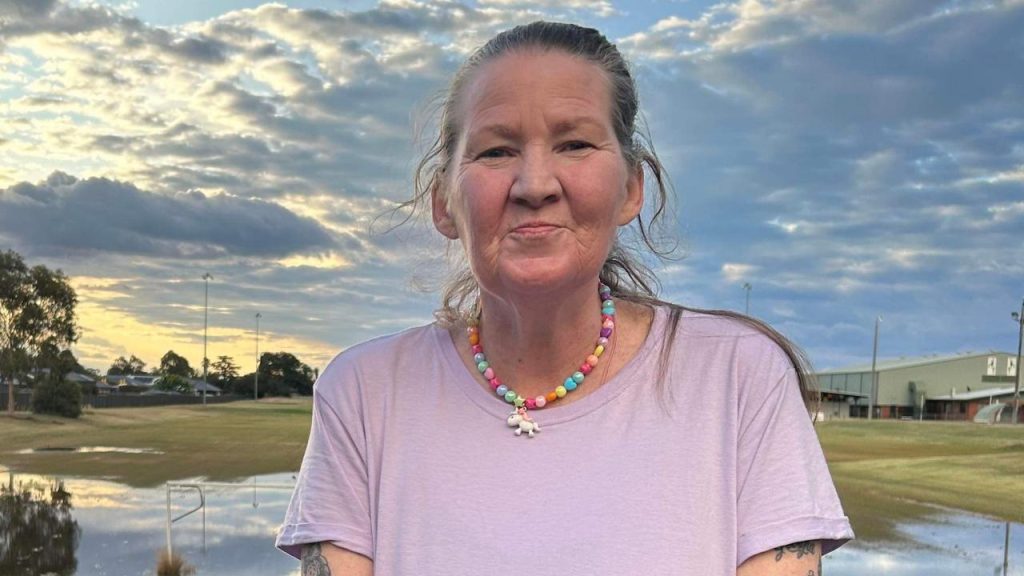In a harrowing turn of events, a man previously cleared of a toddler’s death finds himself at the center of another tragedy. John Torney, 39, has been charged in connection with the death of a 49-year-old woman, Emma Bates, whose lifeless body was discovered in a home in Victoria, Australia. This development has reignited conversations about the complexities of justice and the safety of vulnerable individuals within communities.
Emma Bates was found deceased inside a residence on Campbell Rd in Cobram, Victoria, with severe injuries to her head and upper body. Police swiftly charged John Torney with a series of offenses, including intentionally causing injury, recklessly causing injury, common law assault, aggravated assault of a female, and unlawful assault. Authorities have indicated that the individuals were acquainted with each other, with reports suggesting a burgeoning relationship between Bates and Torney, who lived adjacent to each other.
The distressing history surrounding Torney adds layers of tragedy to this case. Previously, he stood trial for the murder of his then-partner’s two-year-old daughter, Nikki Coslovich, in 2015. Despite denying the allegations and attributing the crime to his partner, Torney was acquitted by a Supreme Court jury in 2016. The circumstances of Nikki’s death, marked by repeated blows to her abdomen and chest, shocked the community, leaving lingering questions about accountability and justice.
Now, as Torney faces charges related to Emma Bates’ death, the legal system is once again tasked with unraveling the complexities of a tragic situation. Bates, remembered fondly by loved ones as a compassionate and generous soul, faced her own struggles, including health issues stemming from Type 1 diabetes. Her tragic demise underscores the vulnerability of individuals grappling with health challenges and emphasizes the need for enhanced support mechanisms within communities.
The broader societal implications of Bates’ death are profound, resonating with ongoing discussions surrounding gender-based violence and the safety of women. Coming on the heels of other recent incidents of violence against women, Bates’ case serves as a stark reminder of the urgent need for systemic change. Victorian Premier Jacinta Allan’s acknowledgment of the grim reality—25 women allegedly killed in Australia within the year—underscores the imperative for concerted efforts to address the root causes of such violence.
As authorities continue their investigation into Emma Bates’ death, there is a collective call for systemic reforms aimed at bolstering support networks for vulnerable individuals and strengthening legal frameworks to ensure justice and protection for all. The tragic trajectory of John Torney’s involvement in two fatal incidents underscores the imperative for proactive measures to prevent such devastating outcomes in the future. Emma Bates’ memory serves as a poignant reminder of the lives lost to violence and the imperative for sustained efforts to build safer, more compassionate communities.



